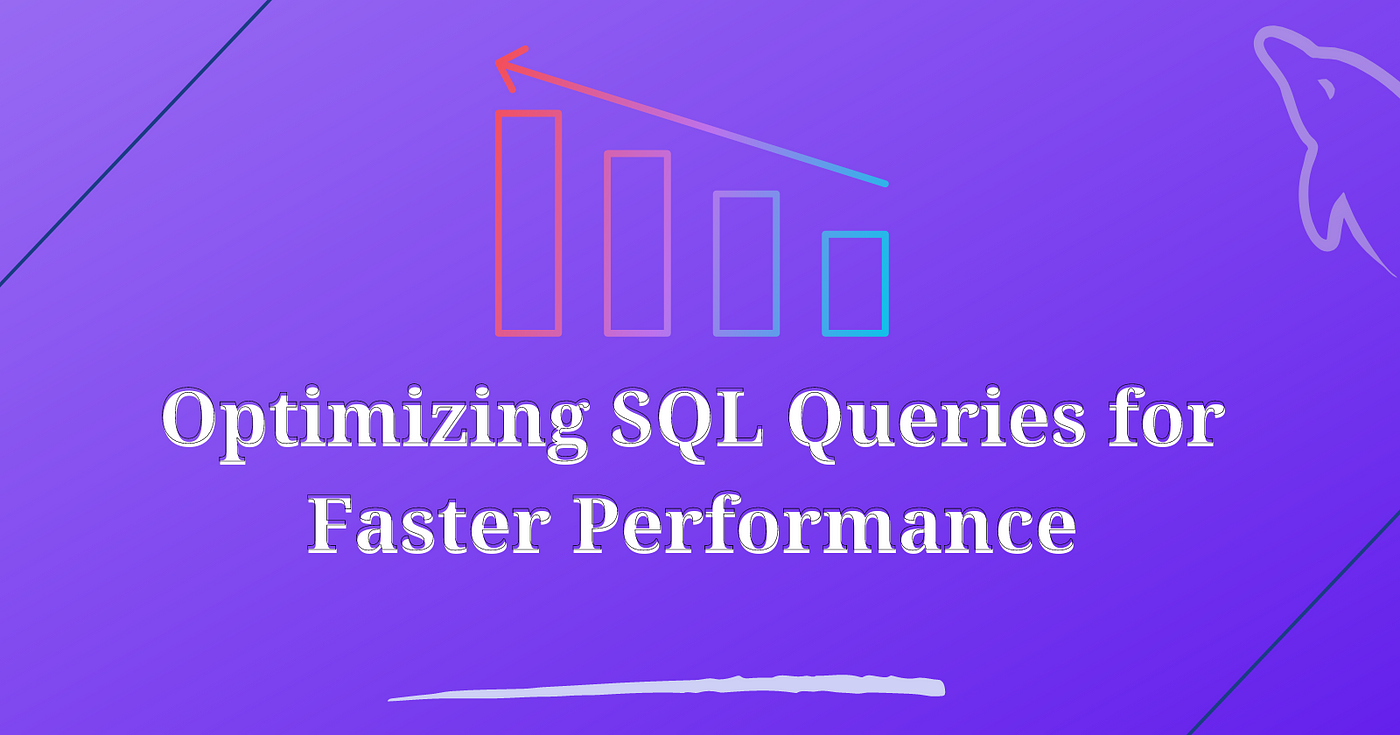
Optimizing Database Queries: Strategies For High-Performance Applications
In the intricate world of modern applications, where data serves as the backbone, the efficiency of database queries is paramount. Similar to how a clogged artery impedes blood flow, inefficient database queries can cripple an application’s performance. Fear not, fellow developer, for we possess the tools and techniques to transform sluggish queries into agile speed demons!
Why Optimize? The Performance Payoff:
- Faster Response Times:
Optimized queries pave the way for smoother user experiences, ensuring that users and customers enjoy swift interactions with your application.
- Reduced Server Load:
Efficient queries equate to lower resource consumption, leading to happier servers and decreased hosting costs. A lean and well-optimized application is a more sustainable one.
- Improved Scalability:
As your data grows, optimized queries become the guardians against performance bottlenecks. They facilitate graceful scalability, allowing your application to handle increasing loads without sacrificing responsiveness.
Identifying Potential Bottlenecks:
- Slow Queries:
Initiate the optimization journey by identifying and targeting slow queries through your database’s query profiler. These are the primary candidates for optimization efforts.
- Excessive Data Retrieval:
Analyze your queries to ensure they fetch only the necessary columns and rows. Unnecessary data retrieval can strain resources and hinder performance.
- Inefficient Joins:
Complex joins can be performance bottlenecks. Meticulously analyze and optimize joins, selecting optimal join types and conditions for streamlined execution.
- Missing Indexes:
Indexes act as crucial guides for your database. Ensure that frequently used queries have the right indexes in place to facilitate efficient data retrieval.
Optimizing for Speed: Your Toolkit:
- SELECT Wisely:
Opt for specific columns rather than using “SELECT *”. Minimizing unnecessary data retrieval enhances query performance, making each byte count towards efficiency.
- WHERE Clause Precision:
Craft clear and concise WHERE clauses to precisely target the data needed, filtering out irrelevant rows and improving query efficiency.
- JOIN with Care:
Plan joins meticulously, utilizing the right join types (INNER, LEFT, etc.) and avoiding excessive nested joins. A well-considered approach to joins is key to performance optimization.
- Indexing Power:
Harness the power of indexing by creating indexes on frequently used columns in your WHERE and JOIN clauses. Indexing acts as a roadmap for efficient data retrieval.
- Explain It Like I’m Five:
Leverage your database’s EXPLAIN feature to comprehend the query execution plan. This tool helps identify potential bottlenecks and aids in optimizing query performance.
- Denormalization Done Right:
In specific cases, carefully denormalizing your data can enhance performance. However, exercise caution and assess the trade-offs before embarking on denormalization efforts.
Beyond the Query:
- Caching Strategies:
Implement caching mechanisms for frequently accessed data. Caching reduces the load on the database, enhancing response times and overall performance.
- Hardware Considerations:
Optimize your database server hardware and configuration for peak performance. A well-tailored hardware setup can significantly impact the efficiency of your database queries.
- Regular Maintenance:
Keep your database schema and indexes up-to-date through regular maintenance. Preventing degradation over time ensures sustained high performance.
In conclusion, optimizing database queries is a continuous journey that demands a combination of vigilance, analytical skills, and strategic planning.
By embracing these strategies and incorporating them into your development practices, you pave the way for an application that not only performs well today but continues to shine as it evolves and grows.
